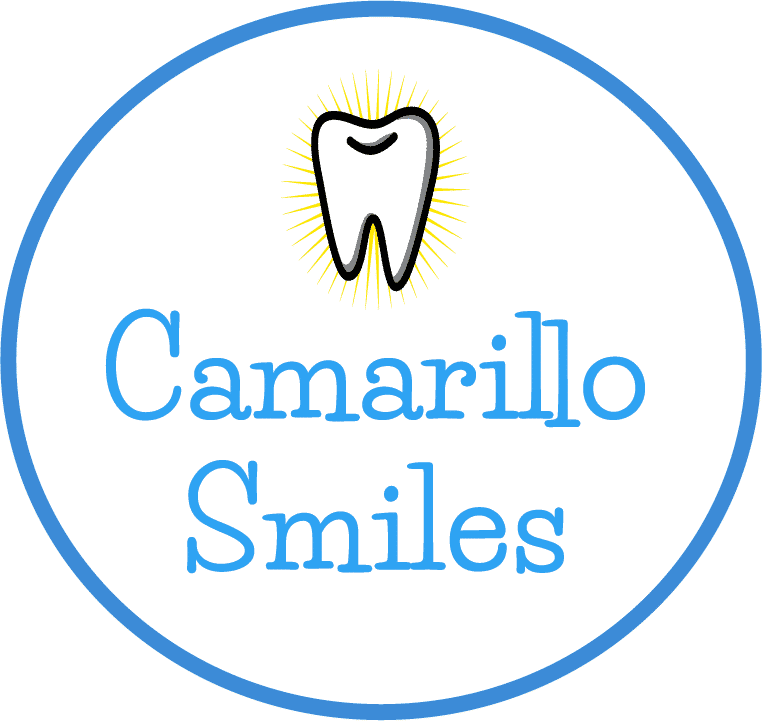Why Do I Have a Toothache?
Do you have tooth pain? Or pain in a particular area of the mouth? There are many causes of toothaches and pain in the mouth. The pain is most often related to a nerve that originates within a particular tooth, but not always. Sometimes it can be related to something else: gums, bone or even sinuses. If you are experiencing pain, it is important to see us and have the area evaluated.
The nerve within the tooth can be irritated by bacteria, traumatic injuries, extensive dental procedures, cracks in the tooth, inflammation of the tooth socket or periodontal disease. When this irritation occurs, the nerve reacts by becoming inflamed. Any nerve in the body can get inflamed, and when it does it can cause pain. In the area around the tooth (the bone and the gums) there is a rich supply of nerve fibers and the inflammatory process can cause pain as these nerve pathways are stimulated. Additionally, the nerve inside of the tooth is encased in tooth structure and it cannot swell and expand in reaction to injury like other tissues in other areas of the body. When the injured tooth nerve attempts to swell within this confined space, the pressure buildup can cause significant pain.
Pain coming from the tooth nerve can either come on spontaneously or it may need to have something like pressure or temperature to cause the pain. Spontaneous pain occurs without any identifiable causes, whereas elicited pain occurs only in specific situations. Elicited pain requires a specific stimulus such as drinking cold or hot fluids or, biting on the tooth.
As is typical anywhere in the body, the beginning stages of a disease process do not always cause symptoms. Teeth can have nerves that are deteriorating and have no clinical symptoms. Most of these situations will become evident when we obtain a thorough history, perform a clinical examination, do specific tests on the teeth, and takes a series of x-rays.
What we do is look for the source of the pain. Sometimes it can be tricky since tooth nerve pain can refer pain to other areas of the head and neck. We have had many patients swear that it is one tooth only to find out that the pain is actually coming from another area. We also need to determine whether the nerve will be able to recover from the inflammation. If the cause of the pain is a cavity that has gotten too deep, a crack that goes into the nerve of the tooth or an infection within the tooth, the nerve won’t recover. Other times, such as if the tooth is painful because of a bad bite, once that is corrected the nerve in the tooth will recover.
If the results of the examination indicate that the nerve is not going to recover then there are only two options to definitively treat it: a root canal or an extraction. The space inside the tooth where the nerve tissue lives becomes a breeding ground for bacteria and it needs to be treated. Although very few words elicit a bigger reaction than the words root canal, it is generally unwarranted. People often associate their pain with root canal treatment, but the root canal treatment is what makes them feel better. It is their tooth pain that is the problem and they need to know that root canal treatment is not the cause, but the solution.
The first step to stopping your tooth pain is giving us a call. We always make room in our schedule for people with toothaches. You are not alone, toothaches happen.
Our Location
Our Location
Camarillo Smiles
92 Palm Drive
Camarillo, CA 93010
Our Hours
| MON | 7:00am - 8:00pm |
| TUES | 7:00am - 8:00pm |
| WED | 7:00am - 8:00pm |
| THUR | 7:00am - 8:00pm |
| FRI | 7:00am - 5:00pm |
| SAT | 8:00am - 1:00pm |
Ask Us Anything
Call us 805-388-5700
Email: info@CamarilloSmiles.com
